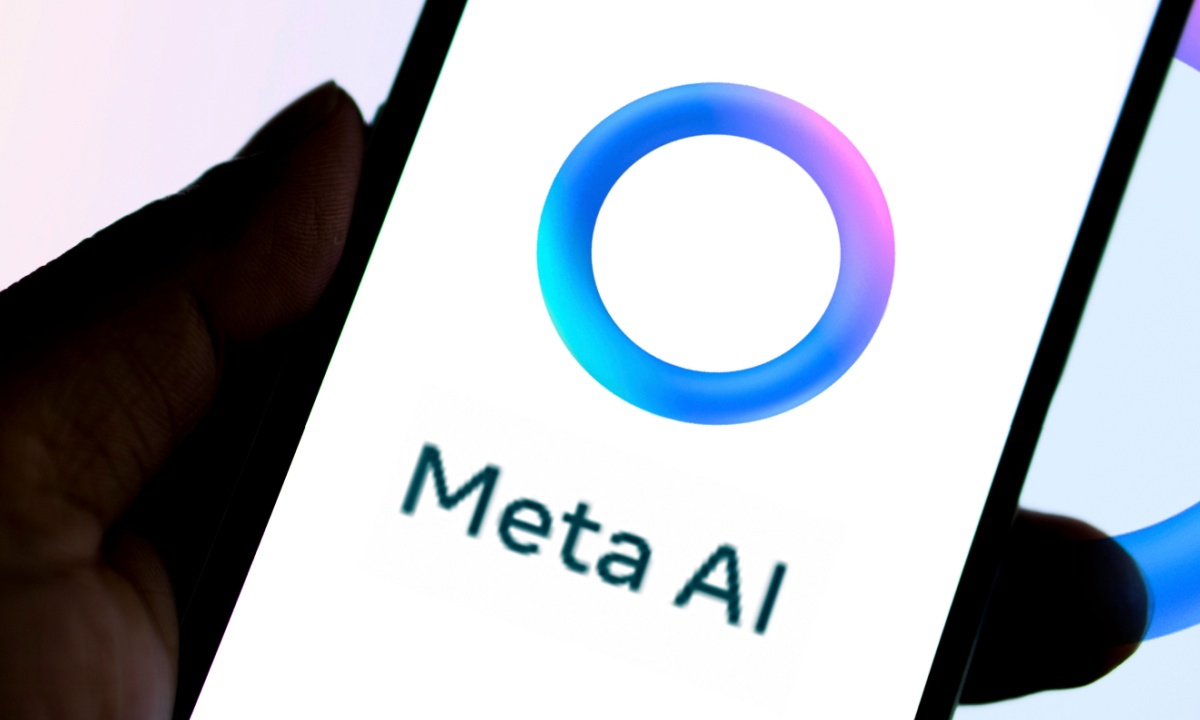Brazil Teams Up with Europe to Halt Meta’s AI Training Utilizing Public Posts

Brazil Blocks Meta from Using Public Posts for AI Training
Background of the Decision
Brazil has recently made a significant move by preventing Meta from using public posts on its social media platforms to train its artificial intelligence (AI) systems. This decision comes from Brazil’s national data protection authority, which raised concerns about the potential harm this could cause to people’s fundamental rights. The authority’s statement was published in the official gazette, emphasizing the immediate risks involved.
Brazil, with about 102 million active Facebook users, is a crucial market for Meta. This action signifies a growing resistance against Meta’s attempts to utilize publicly shared content for AI training, following similar restrictions seen in Europe.
European Precedent
The situation in Brazil is not an isolated incident. In Europe, Meta had plans to use public posts, images, captions, comments, and stories from users over the age of 18 on platforms such as Facebook and Instagram for training large language models (LLMs). However, the Irish Data Protection Commission (DPC) intervened, prompted by requests from other European authorities that encouraged Meta to halt these initiatives.
Meta’s Position
Meta has defended its actions, arguing that the inability to access local data limits its capability to provide high-quality AI services. The company asserts that without sufficient data, its AI products may struggle to accurately reflect regional languages, cultures, and trends, ultimately delivering a subpar experience to users. Meta’s AI chatbot, known as Llama, along with the MetaAI assistant, was highly dependent on this data access.
Despite the restrictions it faces, Meta insists that its approach aligns with current laws and regulations. The company claims to be more transparent compared to other firms in the industry when it comes to data usage.
Response to the Ban
A spokesperson for Meta expressed disappointment in a statement to the Associated Press. They contended that the company’s method complies with Brazil’s privacy laws and declared, “This is a step backwards for innovation, competition in AI development, and further delays bringing the benefits of AI to people in Brazil.” Furthermore, Meta highlighted that users have the option to opt out of having their data used for AI training.
Implications for AI Development
This ban may have broad implications for AI development, not just in Brazil but potentially across other countries as well. With concerns over privacy and personal data becoming increasingly prominent worldwide, many countries could follow Brazil’s lead in regulating how tech companies like Meta handle data for AI training. This reflects a growing sentiment that prioritizes consumer rights and privacy over corporate interests.
Global Trends in Data Privacy
The legislative environment surrounding data privacy is rapidly evolving, with various countries instituting stricter regulations to protect their citizens’ information. Europe has been particularly proactive, utilizing the General Data Protection Regulation (GDPR) as a framework for data privacy. Brazil’s decision appears to be part of this global trend, as more nations emphasize the importance of safeguarding personal data against misuse.
Conclusion
Brazil’s recent move to ban Meta from using public posts for training AI systems underscores the ongoing global debate regarding data privacy and AI. As countries around the world adopt stricter regulations, the tech industry may need to reassess its approaches to ensure compliance while also fostering innovation.






